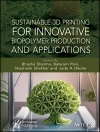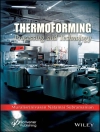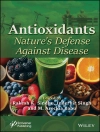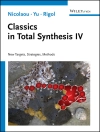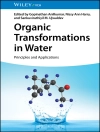Scientific Study from the year 2017 in the subject Chemistry – Bio-chemistry, grade: 1.5, Mar Augusthinose College, course: Biotechnology, language: English, abstract: Diabetes mellitus is a clinical metabolic syndrome, which has been resulted from the malfunction or insufficiency of insulin production. Diabetes is the major threat to the people in developing and developed country. Prolonged diabetic condition can affect organs and synthetic drug if consumed by the patient can cause side-effects and impaired immune system. The synthetic medicine used for the treatment of diabetes is usually costlier, create side-effects and do not ensure complete recovery from the disorder but on the other hand, medicinal plants create a great impact in the human immune system.
The medicinal plant produces a variety of chemical substances which shows significant therapeutic properties. This study highlights the potential anti-diabetic significance and phytochemical activity of different varieties Piper nigrum (Black pepper) and different strategies used for the assessment of these activities. The piperaceae family consist of 12 genera and more than 1400 species and is one of the largest families and widely distributed across the tropical and sub-tropical regions and over the high ranges of Andes and Sub Himalayas. Piper species naturally have multi-dimensional affect on various parts of the body often mentioned as antipyretic, diuretic, aphrodisiac, immune- stimulant and antioxidant, hepatoprotective, digestive, antiseptic and anti-diabetic. Phytochemical analysis of Methanol and Petroleum -ether extracts was carried out and different plant parts were collected from different districts across Kerala.
Phytochemical which is identified from Piper nigrum present an exciting opportunity for the development of new type of therapeutics for diabetes mellitus. Some anti-diabetic plants exert their action by stimulating the function or number of beta cells and thus increasing insulin production with least side effects. Further investigations are required and more attention should be drawn to explore the biological activity of hundreds of traditionally used plants. Both in-vivo and in-vitro assessment is necessary for the assessment of anti-diabetic properties from the natural resources.
Despre autor
Dr. Prem Jose Vazhacharickal is currently working as an assistant professor in the Department of Biotechnology, Mar Augusthinose College, Ramapuram, Kerala, India. He received the research training and academic guidance from Prof. Dr. Andreas Buerkert, University of Kassel, Germany.


